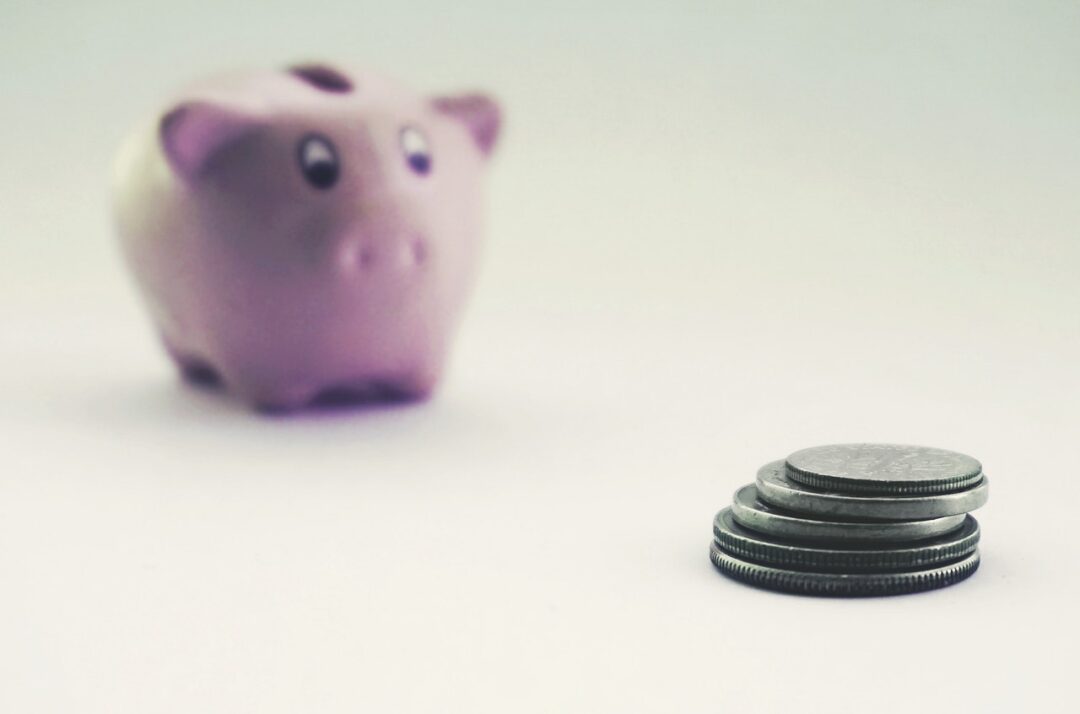Created by Mike & Mollie. Subscribe to our blog.
In college, our school’s soccer team was one of the best in the country. Over a 14 year stretch from 2000-2013 they won 10 National Championships (NCAA Division III). One of the keys to their success was incredible team chemistry.
The coaches knew that a close-knit team was a competitive advantage, and so they drilled-home a concept called a relationship bank account. In order to make a withdrawal from your relationship bank account with a teammate you had to first make sure that you had “funds” in the account. A withdrawal was any interaction that strained or tested the relationship, such as offering criticism.
Deposits, on the other hand, were used to increase “funds” in your accounts. A deposit was any interaction that generated positive feelings. This could be a compliment, a high five, or even hanging out with your teammate outside of practice.
If you didn’t have any “funds” in the bank, the coach reminded players, you had no right to make a withdrawal. This simple system stuck with the players and became an important part of their team culture. In the rest of this post, I’m going to talk about why I think this method worked so well, how it can be applied to any relationship, and a way to add an extra bit of fun to the practice.
Simplicity
I think the concept of a relationship bank account works for two reasons: 1) it’s simple and 2) it borrows from the elements of good game play. Let me start with the advantage of simplicity.
In his wonderful book, Thinking Fast and Slow, Daniel Kahneman describes two different ways the brain forms thoughts: System 1, which is fast and automatic. And System 2, which is slow and logical. I have a theory that part of the reason our good intentions don’t result in changed behavior is that we make our plans in System 2 (slow & logical), but we live most of our lives in System 1 (fast & automatic).
Let’s think about what happens with our intention to improve our relationships. Most of us can describe in the abstract what it means to be a good friend and plot out a logical cause to get there. You might describe loyalty, selflessness, cultivating shared interests, and laughing together. But those are lofty topics to be carrying around with you all day long, and and they’re not exactly actionable over the course of a busy day with lots of quick decisions.
The concept of a making a “deposit” into a relationship bank account condenses the practice of friendship into one easy to remember phrase. It takes your plans from System 2 and gives System 1 something simple and tangible to act on throughout the day.
Video Games
Another reason the concept of a relationship bank account works so well is that it mirrors some of the elements that make video games so engaging and fun to play.
People enjoy video games because they quickly and predictably bring you into a state of flow, or being completely absorbed by a task. When you are in a state of flow, you are feel productive and engaged, but also relaxed and at ease. We would all love if our daily jobs or chores could bring us into a state of flow on a regular basis, but this isn’t always easy for reasons that will become clear in a minute.
Video games have at least 4 elements that psychologists say make them so powerfully engaging (and sometimes addicting):
- Clear, simple rules (X always causes Y)
- Immediate feedback (rewards & consequences follow quickly)
- Just the right level of difficulty (not too hard, not too easy)
- Small challenges that tie back to a larger, meaningful goal (i.e. unlocking a new level)
The downsides associated with video games are well-discussed and relate mostly to their addictive nature, but more recently, some of the positive elements of game play are becoming better understood and re-applied in novel, sometimes beneficial ways. I think the concept of making a “deposit” into a relationship bank account borrows in a helpful way from the best of what video games have to offer. Consider the following:
- It’s easy to think about a “deposit” into a relationship bank account as earning yourself a “point” for the day.
- When you make a deposit, you are often “rewarded” with a smile, a thank you, or the satisfaction of meaningful connection.
- Relationship deposits come in all level of difficulties so you can always choose one that feels like the right level of challenge for you at that time.
- And while each deposit is just a single, small event, each one helps to grow the “funds” in your relationship bank account with another person. And all of those positive interactions lay a great foundation for a stronger, more intimate relationship.
Stack of Pennies
A fun strategy to make this idea more practical is to create a physical or digital way to visualize your progress. As we discussed in the video game section, the human brain loves instant feedback and frequent rewards, so this can be a powerful way of using those traits to your advantage.
You might start each day with a stack of 10 pennies on your desk. Each time you make a relationship deposit, you can take one of your coins and add it to a jar or bowl. Allow the sight of the shrinking pile and the clink of the change to remind yourself that you are taking small steps towards better relationships.
There are also tons of great apps that track your progress towards various habits. One that I really like is the Streaks App for iPhone. It does cost $4.99, but you are getting a well-designed, elegantly simple app, and who knows, the small investment might be just what you need to stay committed.
Habits
Of course, you can’t reduce a good relationship down to a few kind gestures each day. But the fact is, each of us desires for better relationships but we often struggle to take that abstract goal and connect it back to the small actions we can take each day to grow closer to those we love.
The power of a new habit is that what starts out as a physical act of the will— making a relationship deposit— truly has the power to change the way you see the world over time. Pretty soon you will see your life as filled with hundreds of opportunities to brighten someone’s day, you will feel more loving towards those you make deposits, and in the process you will be training your emotions to find greater pleasure in becoming a kinder, more loving person.
🌿 Introducing, Declutter Your Life, a premium newsletter with monthly challenges to help you live a less cluttered life– inside and out.




